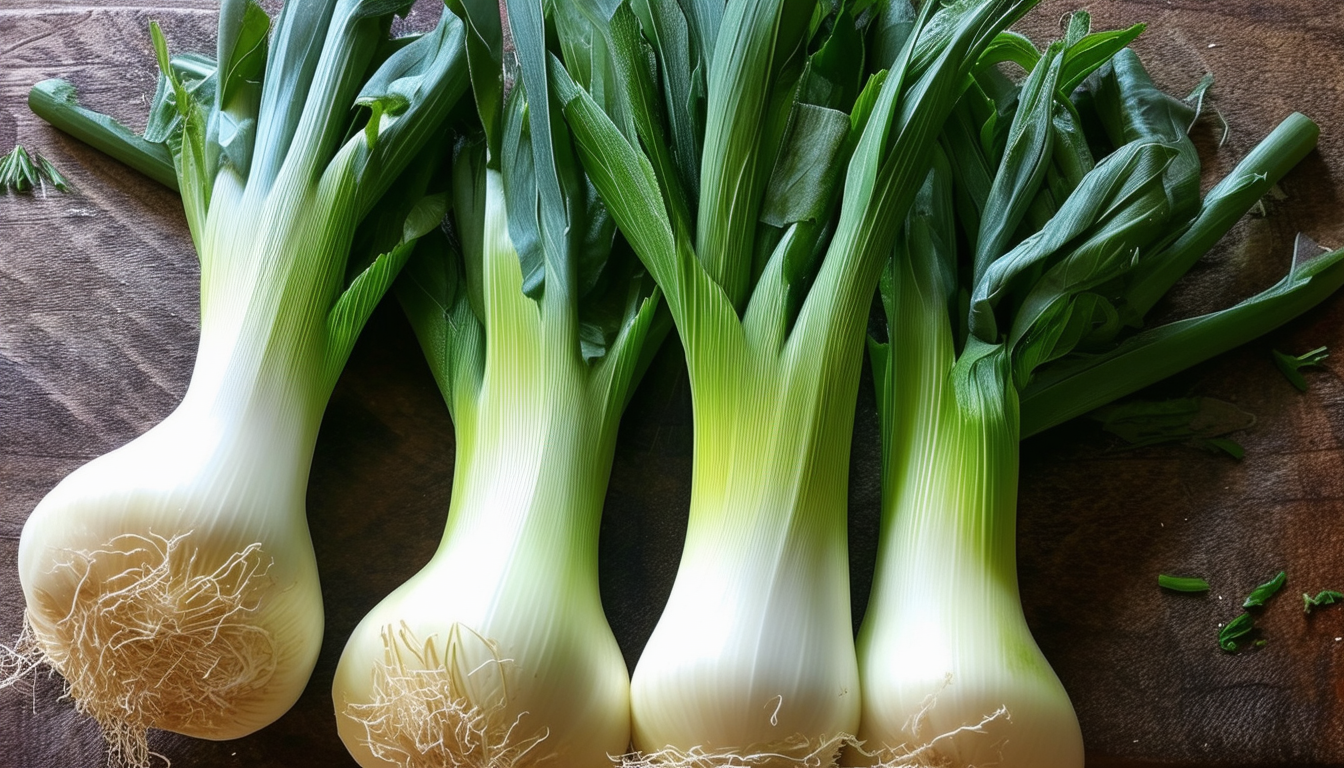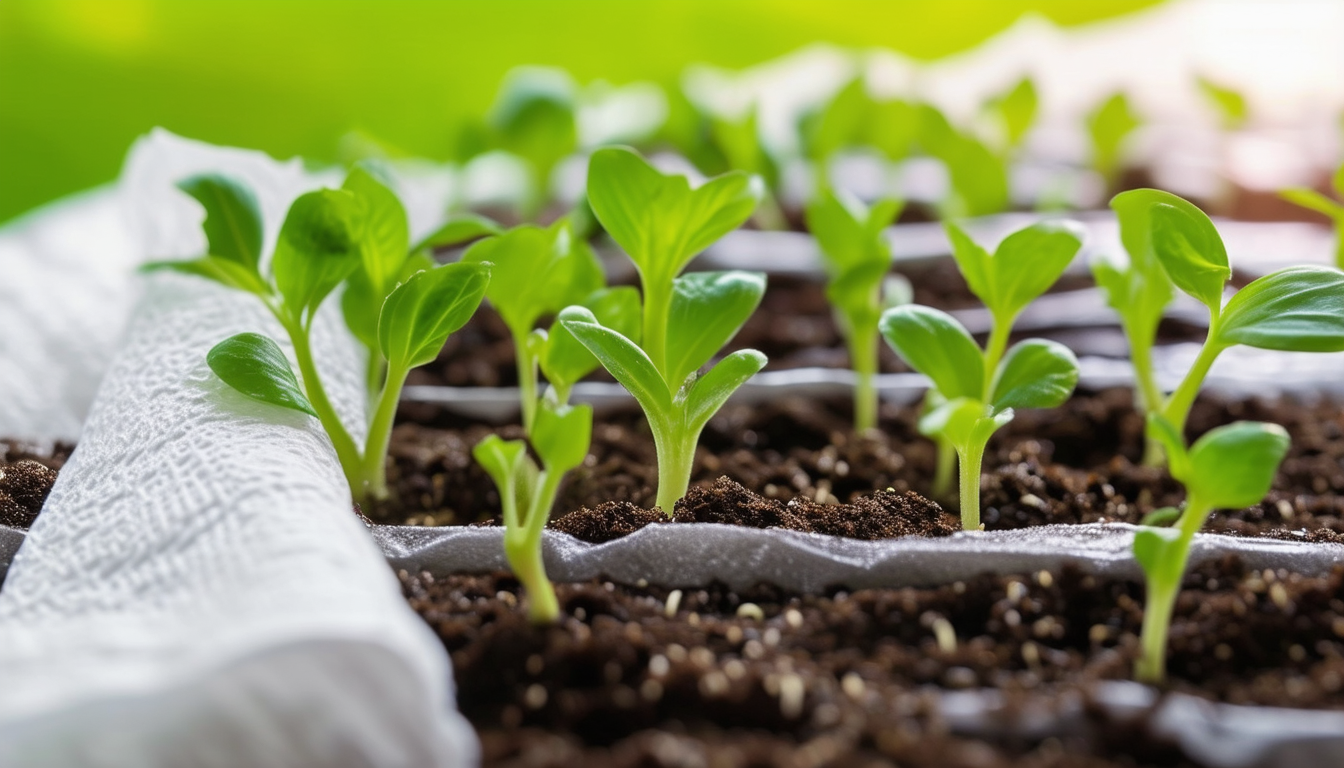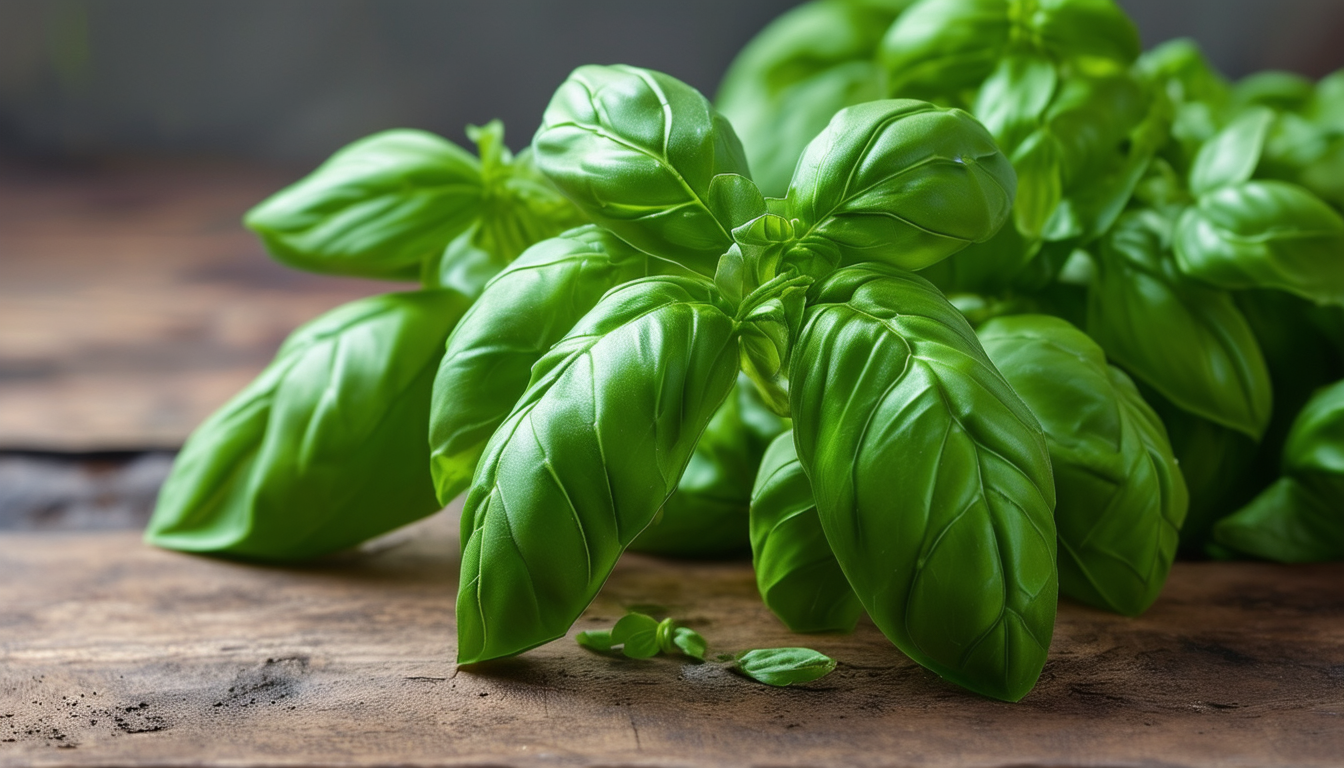
Unlock the secrets to successfully germinating aubergine seeds and enjoy a bountiful harvest!
Understanding the Optimal Conditions for Germination
Aubergines, also known as eggplants, require specific conditions to germinate successfully. The ideal temperature for germination is between 75-85°F (24-29°C). Consistent warmth is crucial since aubergines are tropical plants.
Humidity also plays a vital role in germination. Keeping the soil consistently moist but not waterlogged will create the perfect environment for your seeds to sprout.
Choosing the Right Seeds and Supplies
Select high-quality, fresh aubergine seeds from a reputable supplier. Fresh seeds have a higher germination rate, ensuring a more successful planting experience.
You'll also need seed trays, a high-quality seed starting mix, and clear plastic covers to maintain humidity. Optional but helpful supplies include a heat mat to maintain consistent soil temperature and a spray bottle for gentle watering.
Preparing Your Seed Trays and Soil
Fill your seed trays with a seed starting mix, which is lighter and better draining than regular potting soil. This helps prevent seed rot and promotes healthy root development.
Moisten the soil mix thoroughly before planting your seeds, ensuring it is damp but not soggy. This initial watering helps set the stage for successful germination.
Planting and Caring for Your Seeds
Plant the aubergine seeds about 1/4 inch deep in the soil. Cover them lightly and gently press down to ensure good contact between the seed and soil.
Place the seed trays in a warm, bright location. If using a heat mat, set it to maintain the soil temperature around 80°F (27°C). Keep the soil moist by misting it regularly and covering the trays with plastic to maintain humidity.
Transplanting Seedlings to Your Garden or Containers
Once your seedlings have developed a few true leaves and the outdoor temperatures are consistently warm (above 70°F or 21°C), it's time to transplant them.
Harden off your seedlings by gradually exposing them to outdoor conditions over a week. Then, plant them in well-draining soil, spaced about 18-24 inches apart, in a sunny location.
Best varieties of Aubergine seed
Some popular aubergine varieties include 'Black Beauty,' known for its large, glossy fruits, and 'Little Finger,' which produces smaller, slender aubergines perfect for grilling.
Other notable varieties are 'Rosa Bianca,' with its beautiful purple and white streaks, and 'Fairy Tale,' which is compact and ideal for container gardening.
Getting started with grow lights
Grow lights are an excellent way to ensure your aubergine seedlings get enough light, especially during the shorter days of winter.
Position the grow lights about 2-3 inches above the seedlings, and keep them on for 14-16 hours each day. This mimics the long days of summer and encourages robust growth.
When to plant outside
Aubergines are sensitive to cold, so it's crucial to wait until all danger of frost has passed before transplanting them outdoors.
In most regions, this means waiting until late spring or early summer. Use a soil thermometer to ensure the ground temperature is consistently above 70°F (21°C) before planting.
FAQ
How long do aubergines seeds take to germinate? Aubergine seeds typically take 7-14 days to germinate under optimal conditions.
How do you germinate eggplant seeds fast? Use a heat mat to maintain a consistent soil temperature and keep the soil moist to speed up germination.
Do I need to soak eggplant seeds before planting? Soaking is not necessary but can help speed up germination by softening the seed coat.
Are aubergines difficult to grow from seed? With the right conditions, aubergines can be grown from seed successfully.
Why are my aubergine seeds not germinating? Common issues include low soil temperature, inconsistent moisture, or old seeds.
Do eggplant seeds need darkness to germinate? Aubergine seeds can germinate in light or darkness, but covering them lightly with soil helps.
Why is eggplant hard to grow? They require specific conditions, such as warm temperatures and consistent moisture, which can be challenging to maintain.
How can I speed up germination? Use a heat mat and keep the soil consistently moist to create the ideal environment for germination.
Do eggplants need heat to germinate? Yes, they require warm soil temperatures of 75-85°F (24-29°C) to germinate successfully.
How many eggplant seeds per hole? Plant one seed per hole to avoid overcrowding.
What happens to a seed when it is soaked in water overnight? Soaking can soften the seed coat and speed up the germination process.
How do you start eggplant seeds indoors? Use seed trays, a seed starting mix, and maintain warm, moist conditions.
How do you make eggplant seeds germinate faster? Keep the soil warm and consistently moist, and consider using a heat mat.
What is the best month to plant eggplant? Plant indoors in late winter to early spring, and transplant outdoors in late spring to early summer.
What is the secret to growing eggplant? Consistent warmth, adequate light, and proper watering are key to successful aubergine growth.



